Are you looking to streamline your shipping process from China to Kenya?
Understanding the role of shipping agents is crucial for ensuring efficient international trade. In this comprehensive guide, we will explore the importance of shipping agents, the benefits they offer for your imports, and how to choose the right one for your needs. Additionally, we will delve into the key services provided by these agents, the steps involved in shipping, and tips to minimize costs. Get ready to navigate the complexities of international shipping with confidence!
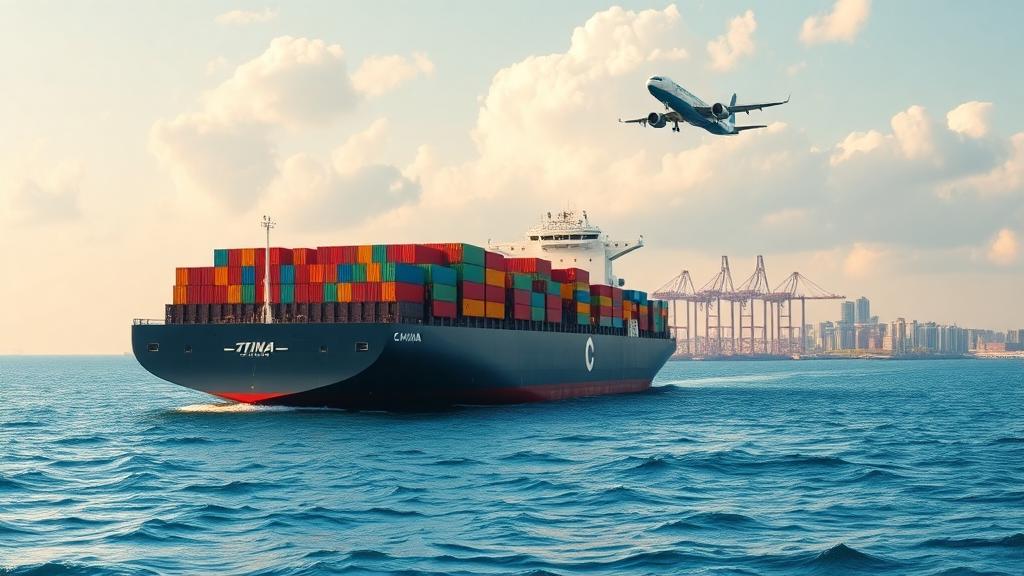
Understanding Shipping Agents from China to Kenya
What is a Shipping Agent and Their Importance in International Trade?
A shipping agent serves as an intermediary between the importer and shipping lines, facilitating the logistics and management of cargo transport across borders. In the context of trade between China and Kenya, these agents play a crucial role by navigating the complexities of international shipping, ensuring that goods are transported efficiently and in compliance with local regulations.
Shipping agents are vital for several reasons:
Expertise and Knowledge: They possess in-depth knowledge of the shipping industry, including legal requirements, tariffs, and customs procedures, which can significantly reduce the risk of delays or penalties for importers.
Cost-Effectiveness: By leveraging their established relationships with carriers and ports, shipping agents can negotiate better rates, ultimately saving importers money.
Time Efficiency: A reliable shipping agent streamlines the shipping process, ensuring timely deliveries and reducing the administrative burden on businesses.
Crisis Management: In the event of unexpected issues, such as delays or customs complications, shipping agents provide solutions and support to resolve these problems quickly.
In summary, the importance of shipping agents in international trade cannot be overstated. They not only simplify the shipping process but also protect the interests of importers, making them an invaluable partner in global trade.
Benefits of Using Shipping Agents for Imports from China to Kenya
Utilizing a shipping agent for importing goods from China to Kenya provides numerous benefits that enhance the trading experience:
Comprehensive Services: Shipping agents offer a range of services, including freight forwarding, customs clearance, and door-to-door delivery. This one-stop-shop approach minimizes the need for multiple vendors, simplifying logistics management.
Tailored Solutions: Different businesses have unique shipping needs. A professional shipping agent can customize their services to align with specific requirements, whether it’s ocean freight, air freight, or rail freight.
Documentation Handling: International shipping entails significant paperwork, including bills of lading, commercial invoices, and customs declarations. Shipping agents are proficient in managing all required documentation, ensuring compliance with both Chinese and Kenyan regulations.
Insurance Options: Protecting your investment is crucial when importing goods. Shipping agents can offer insurance solutions to cover potential losses or damages during transit, providing peace of mind.
Market Insights: Agents often have access to the latest market trends and shipping rates. This information can be invaluable for importers looking to make informed decisions and optimize their supply chain strategies.
In conclusion, engaging a shipping agent is not just a smart choice; it is a strategic decision for businesses looking to import goods from China to Kenya efficiently and effectively.
How to Choose the Best Shipping Agent for Your Needs
Key Factors to Consider When Selecting a Shipping Agent
When selecting a shipping agent for your imports from China to Kenya, consider the following key factors:
Experience and Reputation: Look for agents with a proven track record in handling shipments between China and Kenya. Research their reputation by reading reviews and seeking testimonials from previous clients.
Service Offerings: Ensure the shipping agent provides a comprehensive range of services that suit your needs, such as freight forwarding, customs clearance, and warehousing.
Communication Skills: Effective communication is essential for smooth operations. Choose an agent who is responsive and transparent throughout the shipping process.
Pricing Structure: Evaluate the agent’s pricing model and ensure there are no hidden fees. A clear and competitive pricing structure is crucial for budgeting purposes.
Technology Utilization: Modern shipping requires advanced tracking and management systems. An agent who uses technology effectively can provide real-time updates on your shipments.
By considering these factors, you can select a shipping agent that aligns with your business goals and enhances your import experience.
Common Mistakes to Avoid When Choosing a Shipping Agent
Choosing the wrong shipping agent can lead to costly mistakes. Here are some common pitfalls to avoid:
Neglecting Research: Failing to conduct thorough research on potential agents can lead to poor service and unexpected costs. Always compare multiple agents before making a decision.
Ignoring Reviews and References: Not checking reviews or asking for references can result in partnering with an unreliable agent. Always seek feedback from previous clients.
Overlooking Service Quality: Focusing solely on price may lead to subpar service. Consider the overall value and quality of service rather than just the cost.
Not Asking Questions: A lack of communication can lead to misunderstandings. Don’t hesitate to ask questions about processes, fees, and timelines during your selection process.
Underestimating Importance of Compliance: Ensure the shipping agent is knowledgeable about customs regulations and compliance requirements. This is critical to avoid delays or fines.
By avoiding these common mistakes, you can ensure a smoother and more efficient shipping process, ultimately resulting in a successful import operation from China to Kenya.
READ MORE:
- Shipping From China To Algeria
- Shipping From China To Angola
- Shipping From China To Morocco
- Shipping From China To Nigeria
- Shipping From China To Kenya
- Shipping From China To Tanzania
- Shipping From China To South Africa
Key Services Offered by Shipping Agents from China to Kenya
Freight Forwarding and Customs Clearance Explained
Freight forwarding is a critical service provided by shipping agents when facilitating the movement of goods from China to Kenya. A freight forwarder acts as an intermediary between the shipper and various transportation services. Their expertise ensures that shipments are routed efficiently, minimizing delays and maximizing cost-effectiveness. The role of a freight forwarder includes:
- Negotiating Freight Rates: Shipping agents can leverage their relationships with carriers to secure competitive shipping rates, which can significantly reduce overall shipping costs.
- Booking Cargo Space: They handle the logistics of reserving space on vessels, planes, or trains, ensuring your goods are transported in a timely manner.
- Tracking Shipments: Agents provide real-time tracking information, which allows importers to monitor the status of their shipments from departure to arrival.
Moreover, customs clearance is another vital service offered by shipping agents. This process involves the preparation and submission of necessary documents to ensure that goods can pass through customs without delays. Key tasks in customs clearance include:
- Preparing Documentation: Shipping agents assist in preparing the required paperwork, such as the Bill of Lading, commercial invoices, and packing lists.
- Ensuring Compliance: Agents ensure that all imported goods comply with local regulations and are cleared through customs efficiently, reducing the risk of fines or delays.
- Paying Duties and Taxes: They manage the payment of customs duties and taxes on behalf of the importer, ensuring a smooth clearance process.
Additional Services: Packaging, Warehousing, and Insurance
In addition to freight forwarding and customs clearance, shipping agents from China to Kenya offer several additional services that can enhance the logistics experience:
- Packaging: Proper packaging is essential to ensure that goods are protected during transit. Shipping agents often provide packaging solutions that comply with international shipping standards, reducing the risk of damage.
- Warehousing: Many shipping agents offer warehousing services to store goods safely before distribution. This can be particularly beneficial for businesses that require inventory management or need a buffer before product launching.
- Insurance: Given the inherent risks associated with international shipping, obtaining insurance is crucial. Shipping agents can arrange marine or cargo insurance, providing peace of mind that your investment is protected against loss or damage during transit. Learn more about our insurance services.
These additional services significantly contribute to a seamless shipping experience, allowing importers to focus on their core business activities.
The Process of Shipping Goods from China to Kenya
Step-by-Step Guide to Shipping Your Goods Efficiently
Shipping goods from China to Kenya involves a systematic approach that ensures efficiency and compliance. Here is a step-by-step guide to streamline the shipping process:
Choose a Reliable Shipping Agent: Select a trusted shipping agent like Dantful International Logistics who has experience in handling shipments from China to Kenya.
Request a Quotation: Provide your shipping agent with details about your goods, including dimensions, weight, and destination. Request a comprehensive quote detailing all costs involved.
Prepare Documentation: Work with your shipping agent to prepare all necessary documentation, including invoices, packing lists, and shipping instructions.
Arrange Packaging: Ensure your goods are packaged securely to prevent damage during transport.
Book Cargo Space: Your agent will coordinate the booking of cargo space with the respective carriers.
Customs Clearance: Allow your shipping agent to handle customs clearance, ensuring all documentation meets Kenya’s regulatory requirements. For information on customs processes, visit our customs clearance services.
Track Your Shipment: Utilize tracking tools provided by your agent to monitor your shipment’s progress.
Receive Your Goods: Upon arrival, coordinate with your shipping agent for the delivery of your goods to the final destination.
Understanding Documentation and Compliance Requirements
When shipping goods from China to Kenya, understanding the necessary documentation and compliance requirements is essential for a smooth customs clearance process. Key documents typically required include:
- Bill of Lading (BOL): A legal document between the shipper and carrier that details the type and quantity of goods being shipped.
- Commercial Invoice: A document that provides information about the transaction, including the buyer and seller details, item descriptions, prices, and terms of sale.
- Packing List: This document outlines what is contained in each shipment package, including weights and measurements.
- Certificate of Origin: Some goods may require a certificate that indicates where the goods were manufactured, which can affect import duties.
Ensuring all documentation is accurate and compliant with Kenya’s import regulations is crucial to avoid delays and additional costs. Working with a knowledgeable shipping agent like Dantful International Logistics can simplify this process, ensuring everything is handled correctly and efficiently. For more information, visit our import procedure from China to Kenya page.
Cost Factors Involved in Shipping from China to Kenya
Breakdown of Shipping Costs: What to Expect
When importing goods from China to Kenya, understanding the various cost factors involved is crucial for effective budgeting and financial planning. Below is a detailed breakdown of the common shipping costs you should anticipate:
| Cost Component | Description | Estimated Cost Range |
|---|---|---|
| Freight Charges | The primary cost of transporting goods, which can vary based on the mode of transport (ocean, air, rail). | Ocean Freight: $100 – $2,500<br>Air Freight: $1,000 – $10,000 (depending on weight and volume) |
| Customs Duties | Tariffs imposed by the Kenyan government on imported goods, which can vary based on the product category. | Typically 0% – 25% of the goods’ value, depending on classification. |
| Documentation Fees | Costs incurred for preparing necessary shipping documents like bills of lading and customs clearance paperwork. | $50 – $300 per shipment |
| Insurance | Optional but recommended coverage for potential loss or damage during transit. | 0.5% – 2% of the declared value of goods |
| Port Fees | Charges at both loading and unloading ports, including handling and storage fees. | $100 – $500 per shipment |
| Delivery Charges | Final delivery costs to transport goods from the port to the final destination in Kenya. | $50 – $200 depending on distance |
| Other Fees | Miscellaneous charges such as quarantine fees, fumigation, or special handling for sensitive cargo. | Varies widely |
This comprehensive breakdown helps you anticipate the total cost of shipping your goods from China to Kenya. Engaging a competent shipping agent such as Dantful International Logistics can provide you with detailed quotes and insights into these cost factors.
Tips for Minimizing Shipping Expenses
Minimizing shipping expenses when importing from China to Kenya can significantly enhance your profit margins. Here are some actionable tips:
Choose the Right Shipping Method: Depending on your cargo’s urgency and volume, consider the most cost-effective option. For bulk goods, Ocean Freight is usually cheaper than Air Freight.
Consolidate Shipments: If possible, consolidate your shipments with others to share freight costs. This is particularly effective for smaller shipments.
Negotiate Rates: Don’t hesitate to negotiate shipping rates with your agent. Many shipping agents, including Dantful International Logistics, offer competitive pricing options and may provide discounts for frequent shippers.
Understand Tariffs and Duties: Conduct thorough research on applicable customs duties and tariffs. Ensure all paperwork is correct to avoid delays and additional costs.
Plan Ahead: Shipping during peak seasons can drive costs up, so plan your shipments during off-peak times to save money.
Consider Insurance Wisely: While it’s important to insure your cargo, evaluate the value of the goods against the cost of insurance to ensure you aren’t overpaying unnecessarily.
By implementing these strategies, you can effectively manage and reduce shipping costs, enhancing your overall import experience.
Evaluating and Monitoring Shipping Performance
Key Metrics for Assessing Shipping Agent Efficiency
Assessing the efficiency of your shipping agent is crucial for ensuring that your goods are transported smoothly and on time. Here are some key performance metrics to monitor:
Delivery Time: The average time taken from the point of shipment in China to the delivery in Kenya. Delays can signify issues that need addressing.
Cargo Damage Rate: The percentage of shipments that arrive damaged. An efficient agent should maintain a low damage rate.
Customs Clearance Time: The duration taken for customs clearance upon arrival in Kenya. This metric helps gauge the agent’s ability to handle compliance and documentation efficiently.
Cost Variance: Compare actual shipping costs against estimates provided by the agent. Significant discrepancies may indicate inefficiencies.
Customer Satisfaction: Feedback from clients can provide insight into the agent’s reliability and service quality.
Regularly evaluating these metrics allows you to identify areas for improvement and ensures your cargo is handled effectively.
How to Communicate Effectively with Your Shipping Agent
Effective communication with your shipping agent is essential to streamline the import process. Here are some best practices:
Be Clear and Concise: When describing your shipping requirements, provide detailed information about the type of goods, their dimensions, weight, and any special handling needs.
Establish Regular Check-Ins: Maintain regular communication to stay updated on the status of your shipment. This could be daily or weekly, depending on the shipment’s urgency.
Use Technology: Utilize digital tools and platforms for tracking shipments and sharing documents. Many logistics companies, including Dantful International Logistics, offer tracking systems.
Discuss Contingency Plans: Talk with your shipping agent about potential issues—like delays or compliance concerns—and establish plans for how to handle these situations.
Provide Feedback: Share your experiences and suggestions with your shipping agent. Constructive feedback helps improve their services and your overall shipping experience.
By adhering to these communication strategies, you can ensure a smoother shipping process and foster a productive relationship with your shipping agent.
Choosing Dantful International Logistics for your shipping needs from China to Kenya guarantees you a professional, cost-effective, and high-quality service tailored to meet your logistical requirements.

Young Chiu is a seasoned logistics expert with over 15 years of experience in international freight forwarding and supply chain management. As CEO of Dantful International Logistics, Young is dedicated to providing valuable insights and practical advice to businesses navigating the complexities of global shipping.











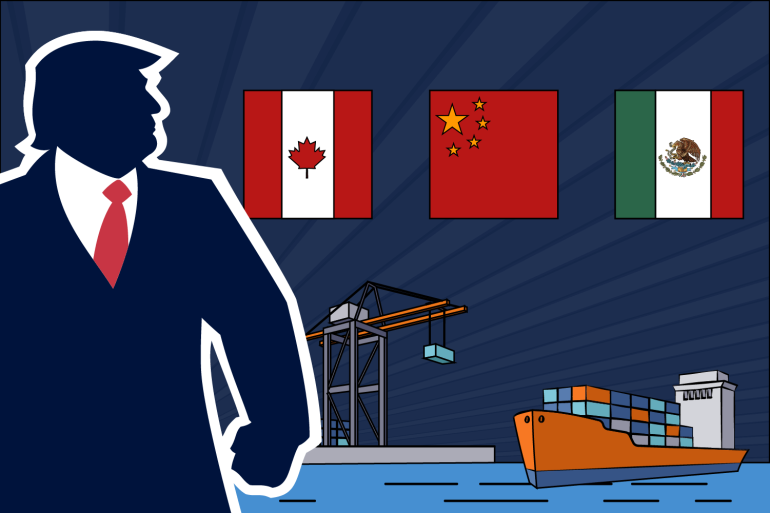
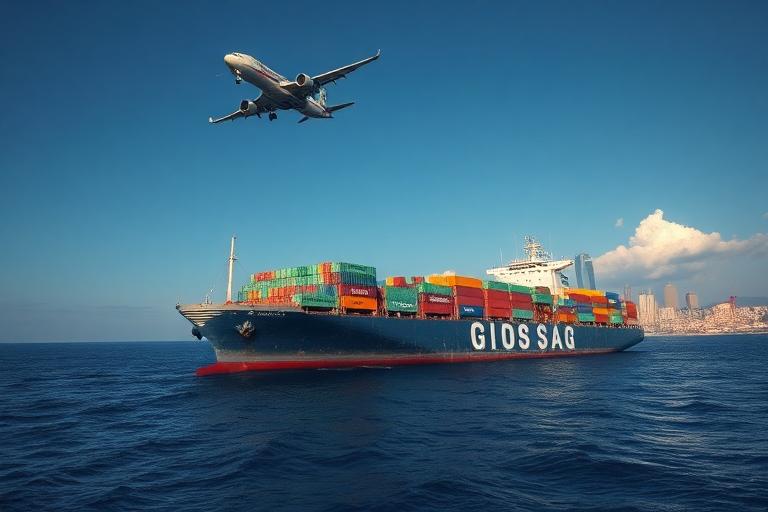
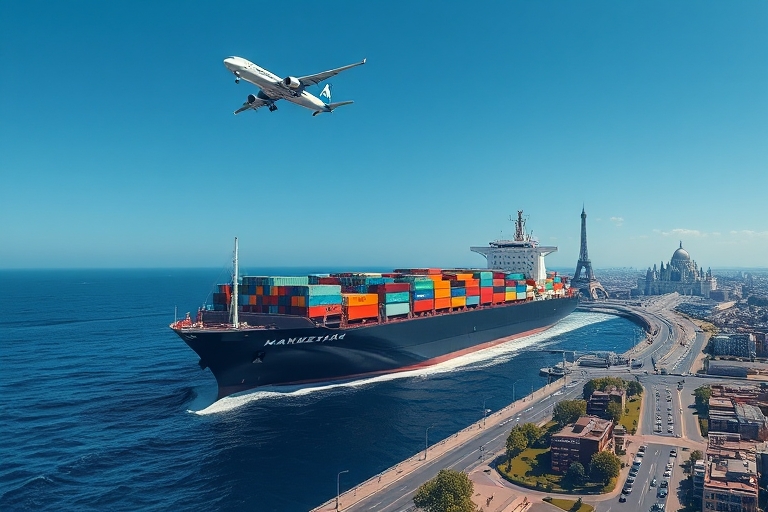
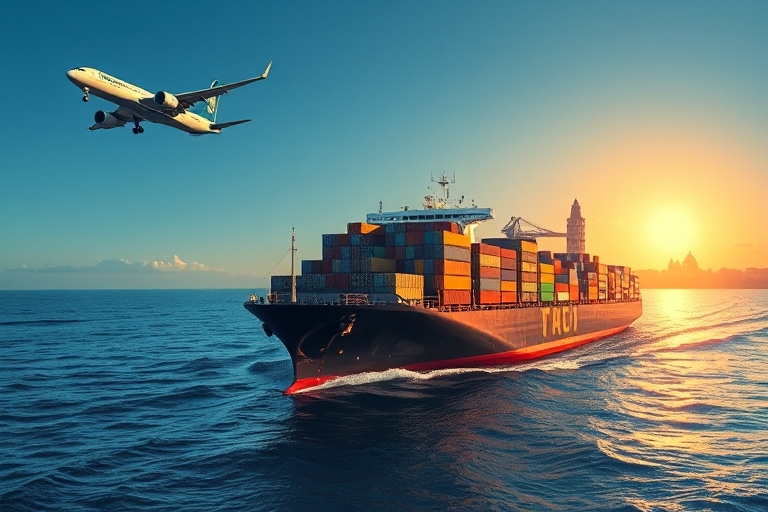
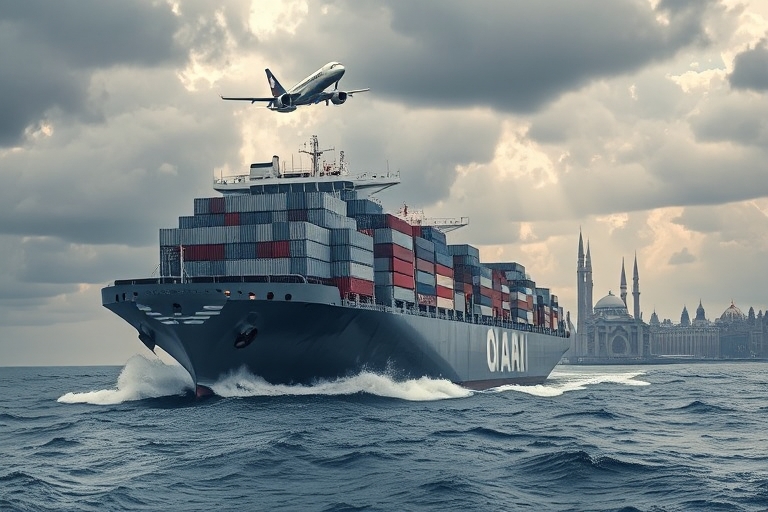





 Afrikaans
Afrikaans Shqip
Shqip አማርኛ
አማርኛ العربية
العربية Հայերեն
Հայերեն Azərbaycan dili
Azərbaycan dili Euskara
Euskara Беларуская мова
Беларуская мова বাংলা
বাংলা Bosanski
Bosanski Български
Български Català
Català Cebuano
Cebuano Chichewa
Chichewa 简体中文
简体中文 繁體中文
繁體中文 Corsu
Corsu Hrvatski
Hrvatski Čeština
Čeština Dansk
Dansk Nederlands
Nederlands English
English Esperanto
Esperanto Eesti
Eesti Filipino
Filipino Suomi
Suomi Français
Français Galego
Galego ქართული
ქართული Deutsch
Deutsch Ελληνικά
Ελληνικά Kreyol ayisyen
Kreyol ayisyen Harshen Hausa
Harshen Hausa Ōlelo Hawaiʻi
Ōlelo Hawaiʻi עִבְרִית
עִבְרִית हिन्दी
हिन्दी Hmong
Hmong Magyar
Magyar Íslenska
Íslenska Igbo
Igbo Bahasa Indonesia
Bahasa Indonesia Gaeilge
Gaeilge Italiano
Italiano 日本語
日本語 Basa Jawa
Basa Jawa ಕನ್ನಡ
ಕನ್ನಡ Қазақ тілі
Қазақ тілі ភាសាខ្មែរ
ភាសាខ្មែរ 한국어
한국어 كوردی
كوردی Кыргызча
Кыргызча ພາສາລາວ
ພາສາລາວ Latin
Latin Latviešu valoda
Latviešu valoda Lietuvių kalba
Lietuvių kalba Lëtzebuergesch
Lëtzebuergesch Македонски јазик
Македонски јазик Malagasy
Malagasy Bahasa Melayu
Bahasa Melayu മലയാളം
മലയാളം Maltese
Maltese Te Reo Māori
Te Reo Māori मराठी
मराठी Монгол
Монгол ဗမာစာ
ဗမာစာ नेपाली
नेपाली Norsk bokmål
Norsk bokmål پښتو
پښتو فارسی
فارسی Polski
Polski Português
Português ਪੰਜਾਬੀ
ਪੰਜਾਬੀ Română
Română Русский
Русский Samoan
Samoan Gàidhlig
Gàidhlig Српски језик
Српски језик Sesotho
Sesotho Shona
Shona سنڌي
سنڌي සිංහල
සිංහල Slovenčina
Slovenčina Slovenščina
Slovenščina Afsoomaali
Afsoomaali Español
Español Basa Sunda
Basa Sunda Kiswahili
Kiswahili Svenska
Svenska Тоҷикӣ
Тоҷикӣ தமிழ்
தமிழ் తెలుగు
తెలుగు ไทย
ไทย Türkçe
Türkçe Українська
Українська اردو
اردو O‘zbekcha
O‘zbekcha Tiếng Việt
Tiếng Việt Cymraeg
Cymraeg יידיש
יידיש Yorùbá
Yorùbá Zulu
Zulu